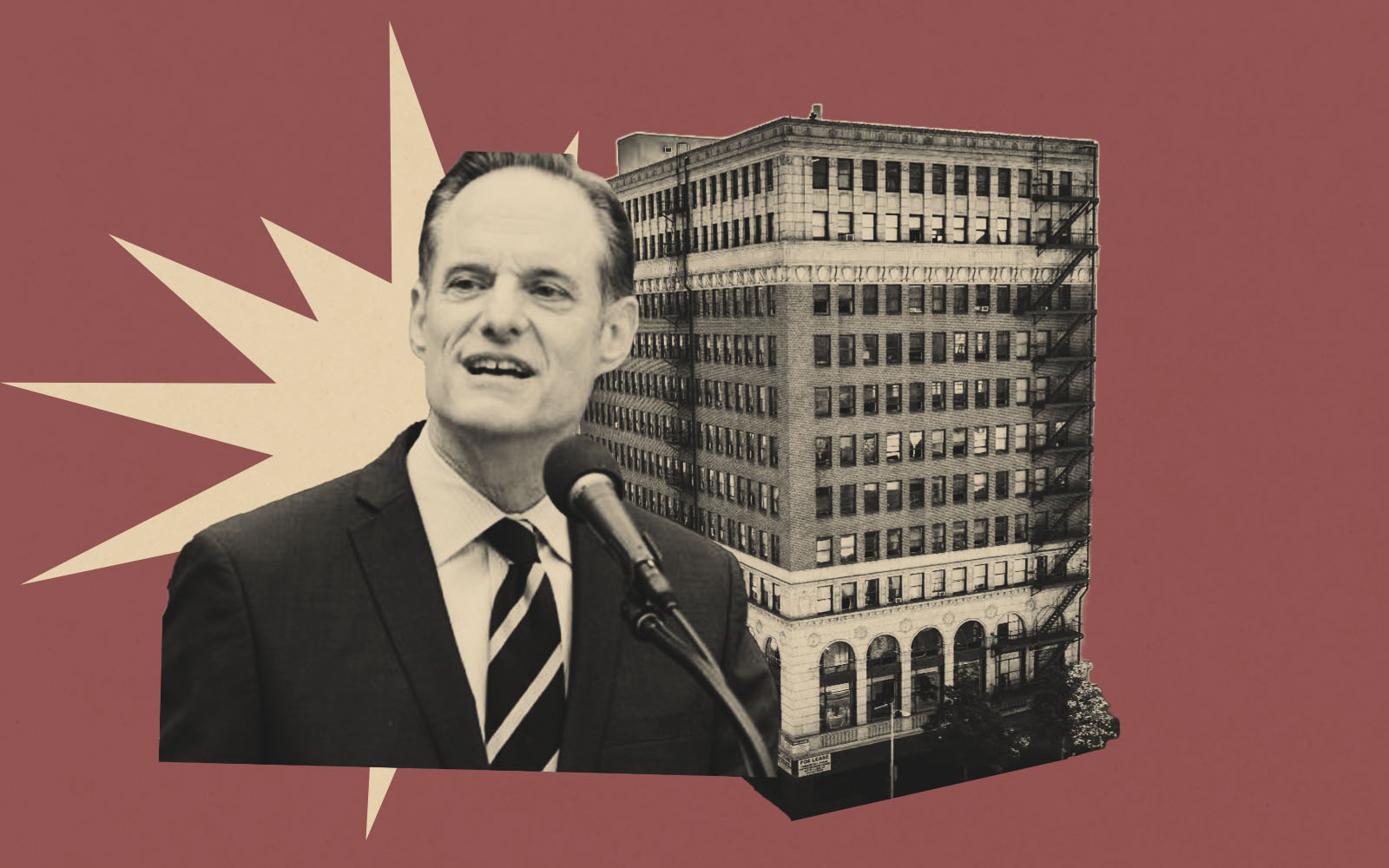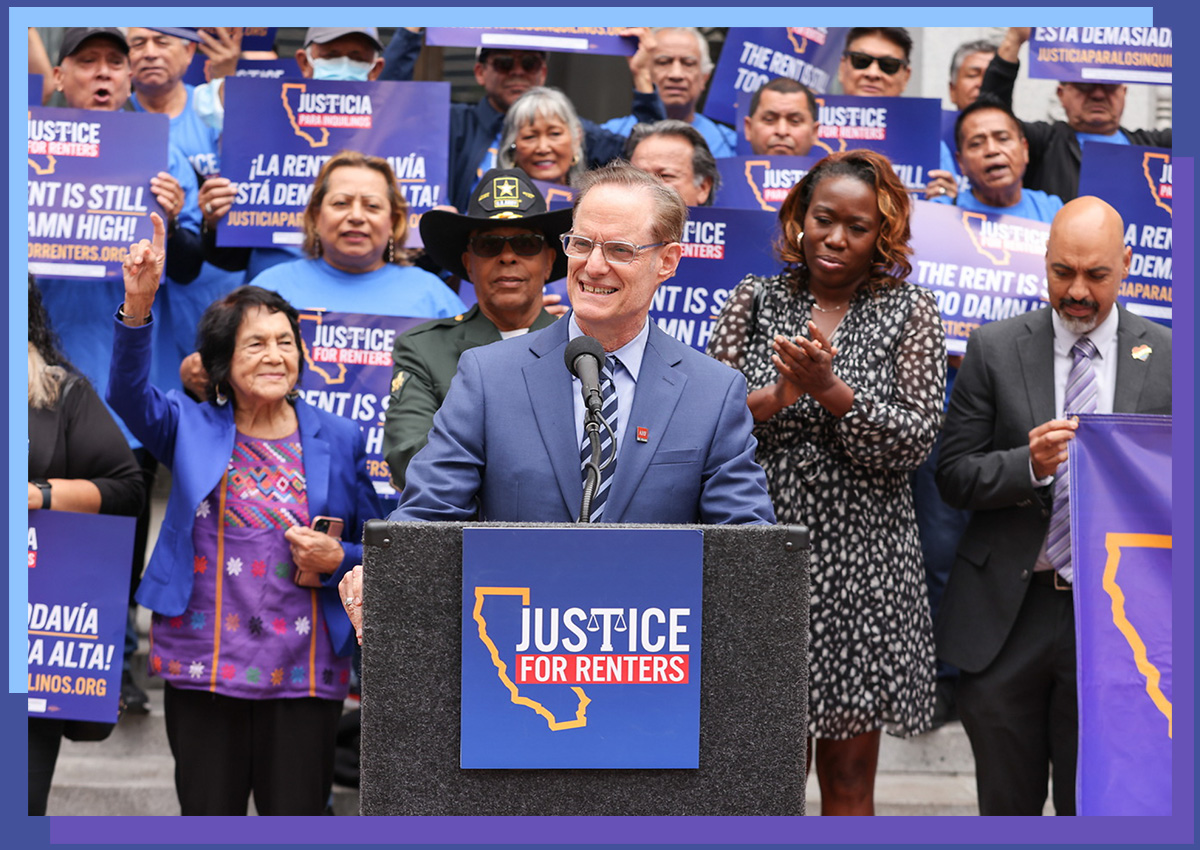The AIDS Healthcare Foundation, a Los Angeles landlord armed with a $10 million federal grant to promote tenant organizing, worked instead to block union organizing on Skid Row.
The Hollywood-based nonprofit received a $10 million grant from the U.S. Department of Housing and Urban Development to promote tenant organizing at low-income developments across the nation, the Los Angeles Times reported.
Instead, the landlord stymied unionization drives at its Baltimore Hotel and nearby properties in Downtown Los Angeles.
Jacki Schechner, spokesperson for AHF, didn’t respond to questions from the Times about the foundation’s stance on unionization within its buildings. But the organization did note it has nearly 100 active federal grants across the country.
“AHF, as the nation’s largest AIDS organization, has been an esteemed federal grantee at the global, national and local level for 35 years,” Schechner told the newspaper.
For nine months, one resident tried to organize a tenant union with fellow residents, but said the foundation stopped him from handing out fliers, blocked union meetings in the buildings and refused to respond to requests for repairs and better living conditions.
The HUD award is the latest conflict between AHF’s effort to serve both as tenant advocate and Skid Row landlord.
The nonprofit, which received $2.5 billion in revenue last year largely from its chain of pharmacies, is among the nation’s largest funders of tenant’s rights campaigns, including its sponsorship of a November statewide initiative to expand rent control across California.
At the same time, the foundation has faced long-standing problems at its more than a dozen affordable housing developments in Los Angeles.
The foundation has settled numerous lawsuits filed by tenants, including one over a chronically broken elevator at the Madison Hotel. Last week, it received a class-action complaint alleging pervasive mold, vermin, and plumbing and electrical issues.
A Times investigation last fall found widespread evictions, code compliance, public health complaints and drug overdose deaths at foundation-owned properties.
Under the HUD program, the foundation will be handing out the $10 million over the next two years to tenant advocacy organizations in low-income apartment buildings. The grant aims to help tenants work with their landlords and hold them accountable, according to HUD.
Ramzey Smith, a spokesperson for HUD, didn’t answer questions from The Times about the department’s vetting of the foundation and its qualifications for the grant.
Smith said the foundation is part of a coalition that will administer the money.
“As an eligible and well-qualified team of awardees, we are confident that these coordinated efforts will empower renters to play active roles in ensuring the safe, quality and affordable homes they deserve,” Smith said in a statement.
— Dana Bartholomew
Read more



